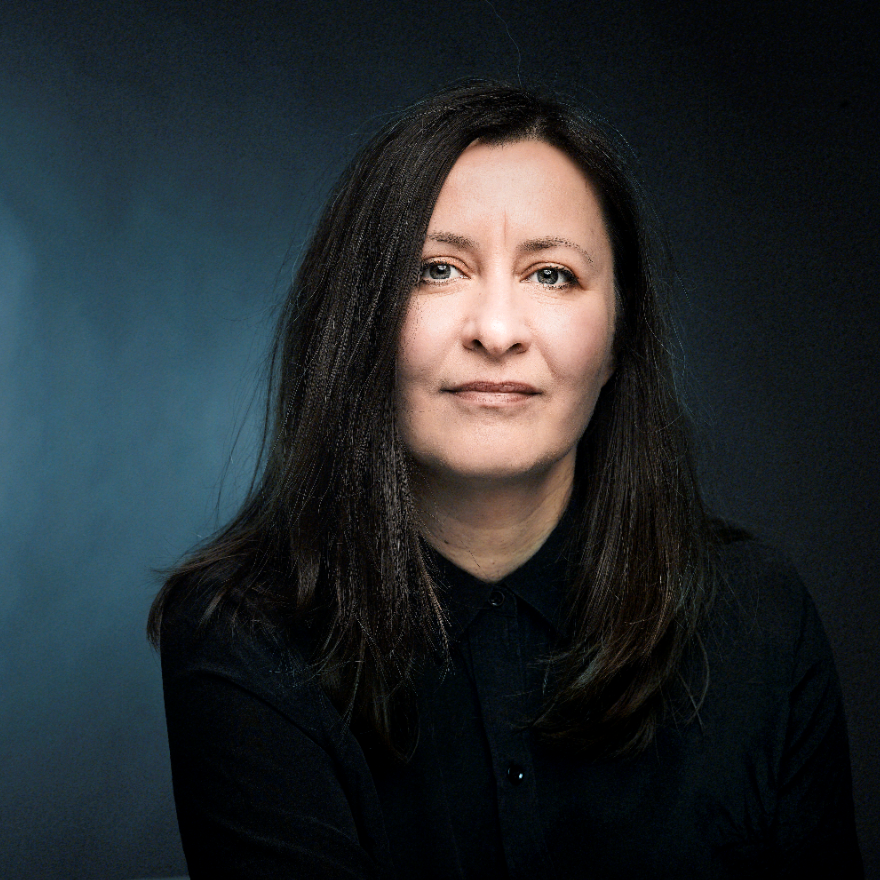Virtual Worlds Now
International Festival of Art, Technology and Science
KIBLIX 2020—2021
In line with Kibla’s long-term research focus on Extended Reality (XR) technologies, and considering that 2020 was the most “virtual year” to date, the curatorial team consisting of Živa Kleindienst, Tadej Vindiš, Peter Tomaž Dobrila, and Aleksandra Kostič, is for this year’s KIBLIX asking, what are the virtual worlds now?
This is not the question of technology as magic, but the critical evaluation of the intersections and disconnections between the virtual and the physical. On one side, we are faced with a persistent ambition of industry towards persuasive technologies, designing the virtual to fully assume, control, and subsume the physical, while on the other, we are constantly needing to mitigate technological incompatibility with the physical as such. KIBLIX 2020–2021 will therefore place the experience of the human at the centre – with their material limitations and socio-political conditions of the body – while understanding the virtual environments as spaces for speculative realities, variable identities, and ever more acute social transformations.
The KIBLIX 2020—2021 takes on a new COVID-19 hybrid form with pre-events from 24 November onwards, and with special program emphasis on December 2020 and and through 2021. The program encompasses artistic research projects, fully presented on the KIBLIX website, and by following the “lock-unlock” options as well in KIBLA PORTAL, as a physical exhibition. Alongside these artistic projects, the program includes, seminars, thematic panels, audio-visual performances, Slovenia Global Game Jam, and other virtual activities.
Festival KIBLIX turns to research and critique of contemporary technological media, as well as their soft applications in contemporary arts, culture and education and is part of the project RUK (2019—2022). RUK is a network of art and culture research centers on the crossroads of art, science, and technology. In this interdisciplinary triangle, the partners Delavski dom Trbovlje, PiNA and KIBLA on the Trbovlje-Koper-Maribor axis are developing innovative products and services for a humane technology of the future. The project is co-financed by the Republic of Slovenia and the European Union under the European Regional Development Fund.





